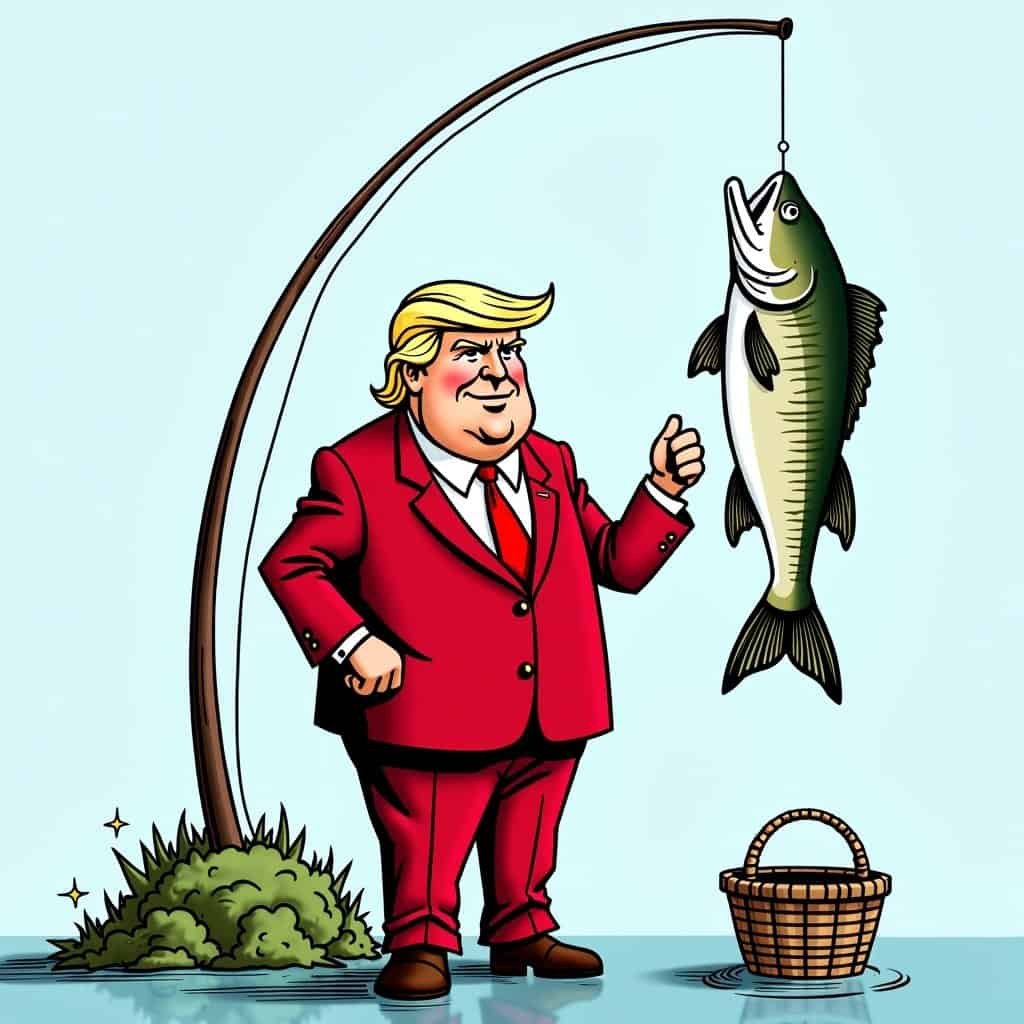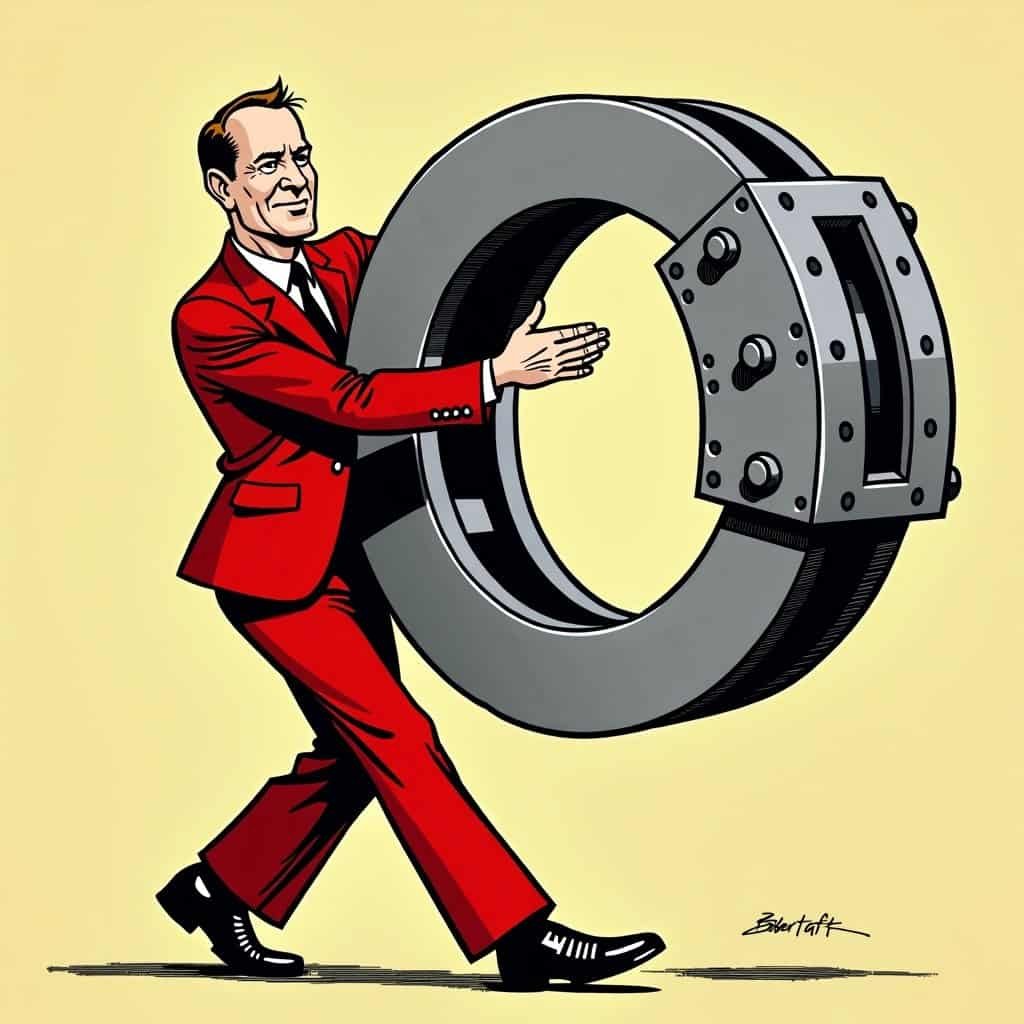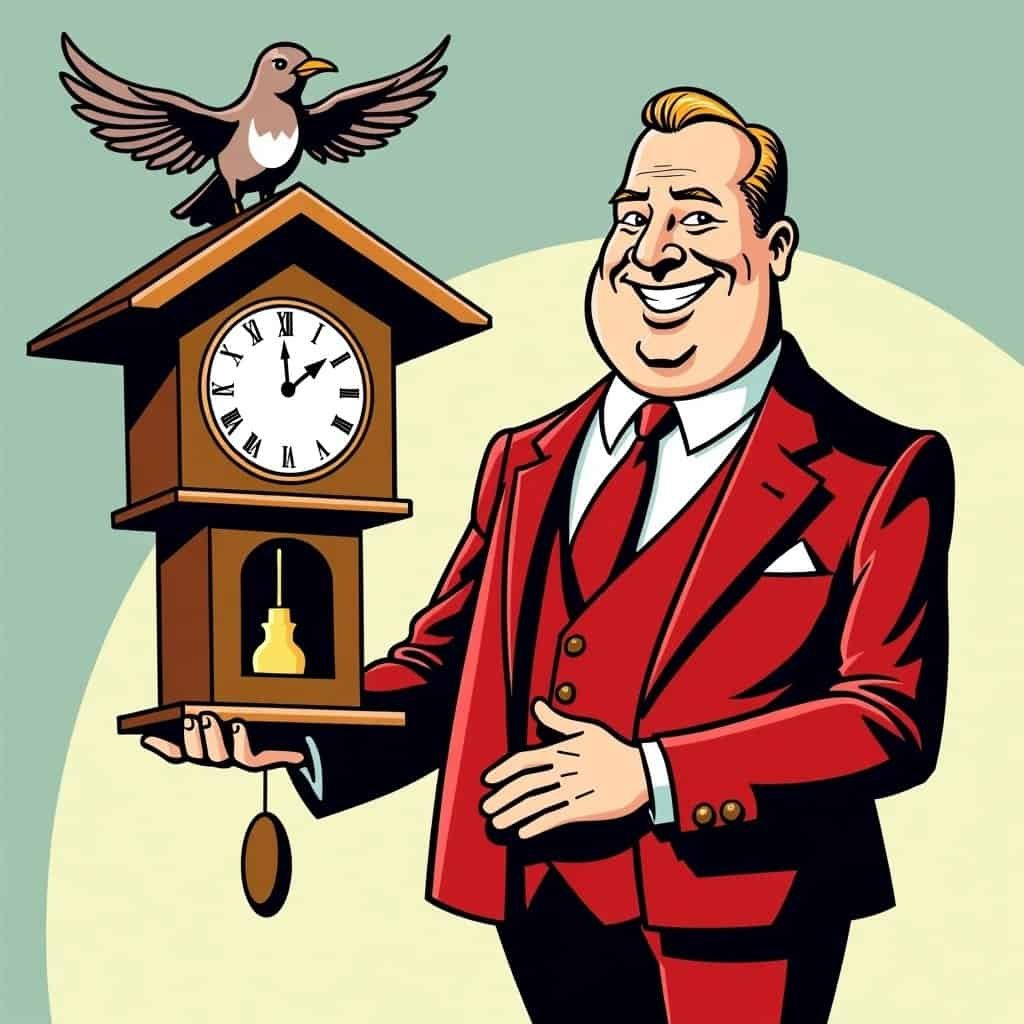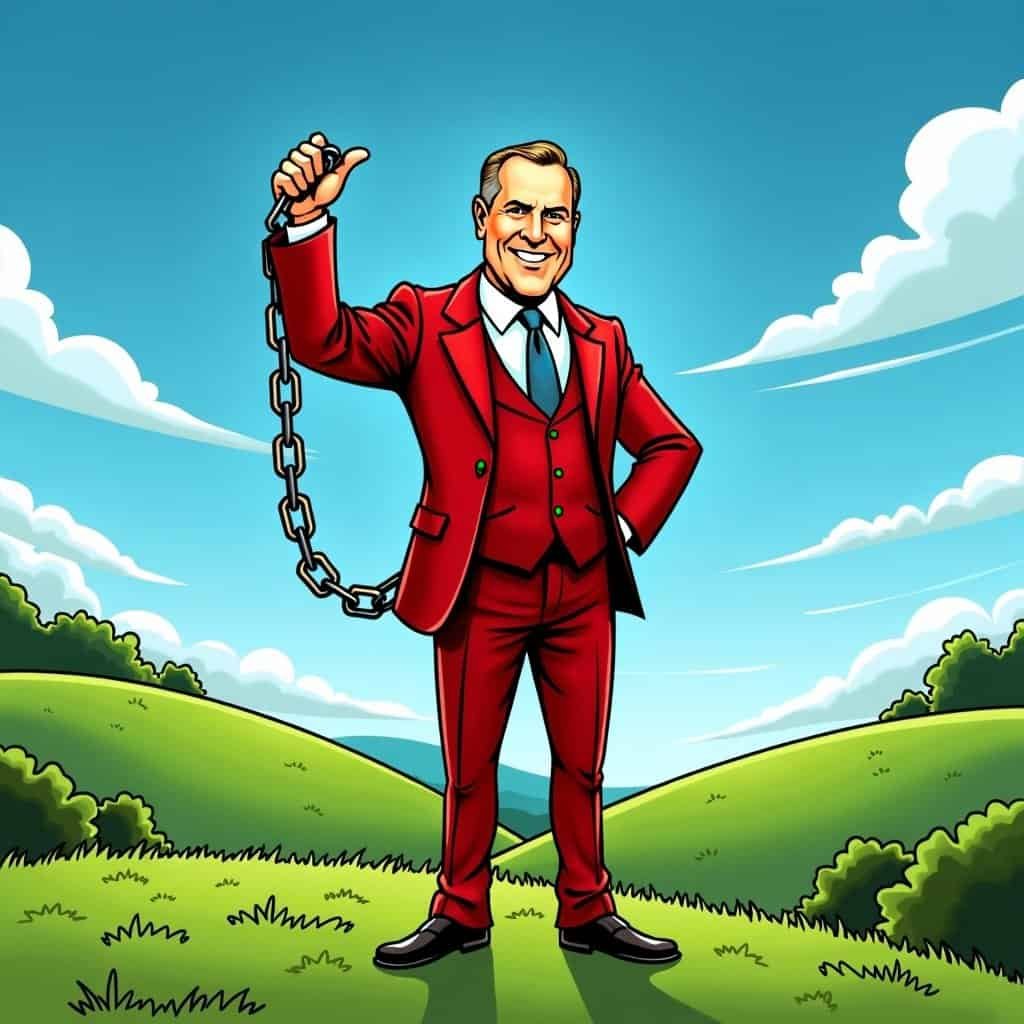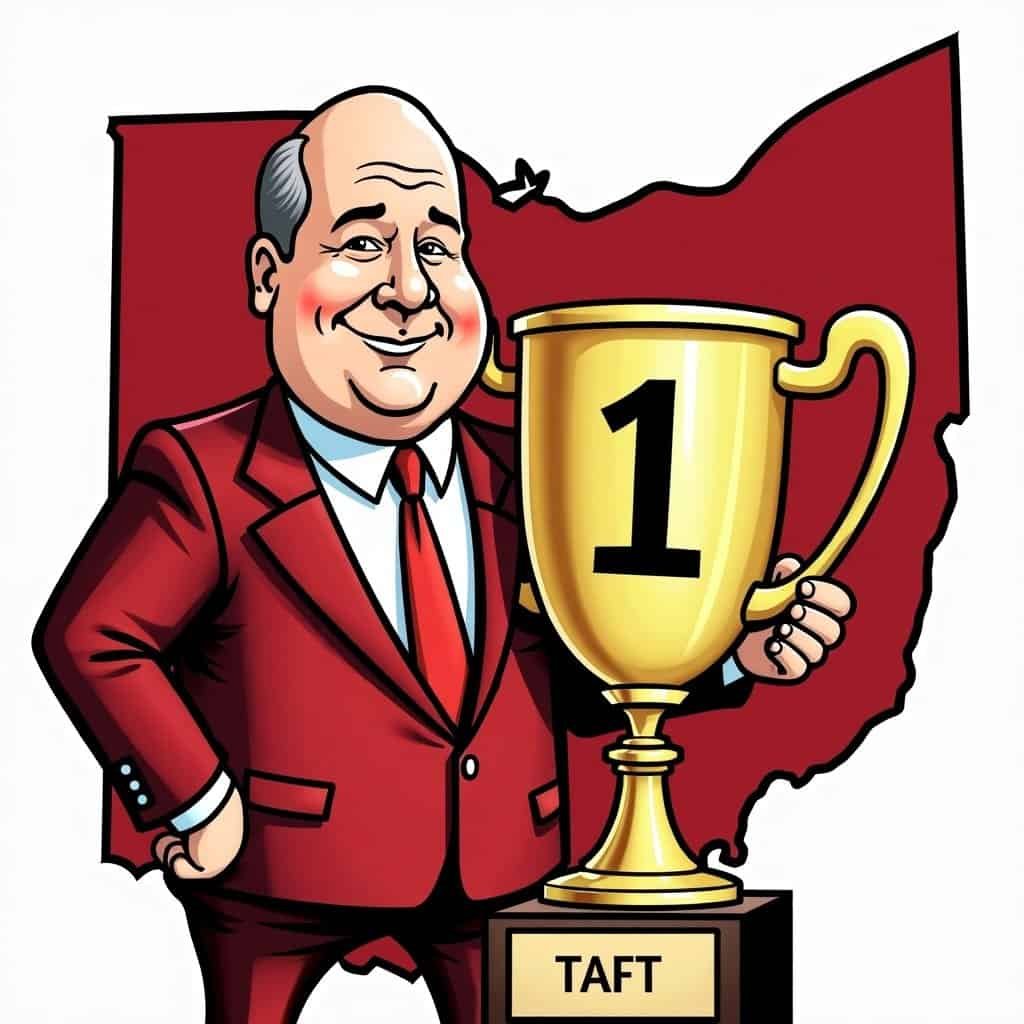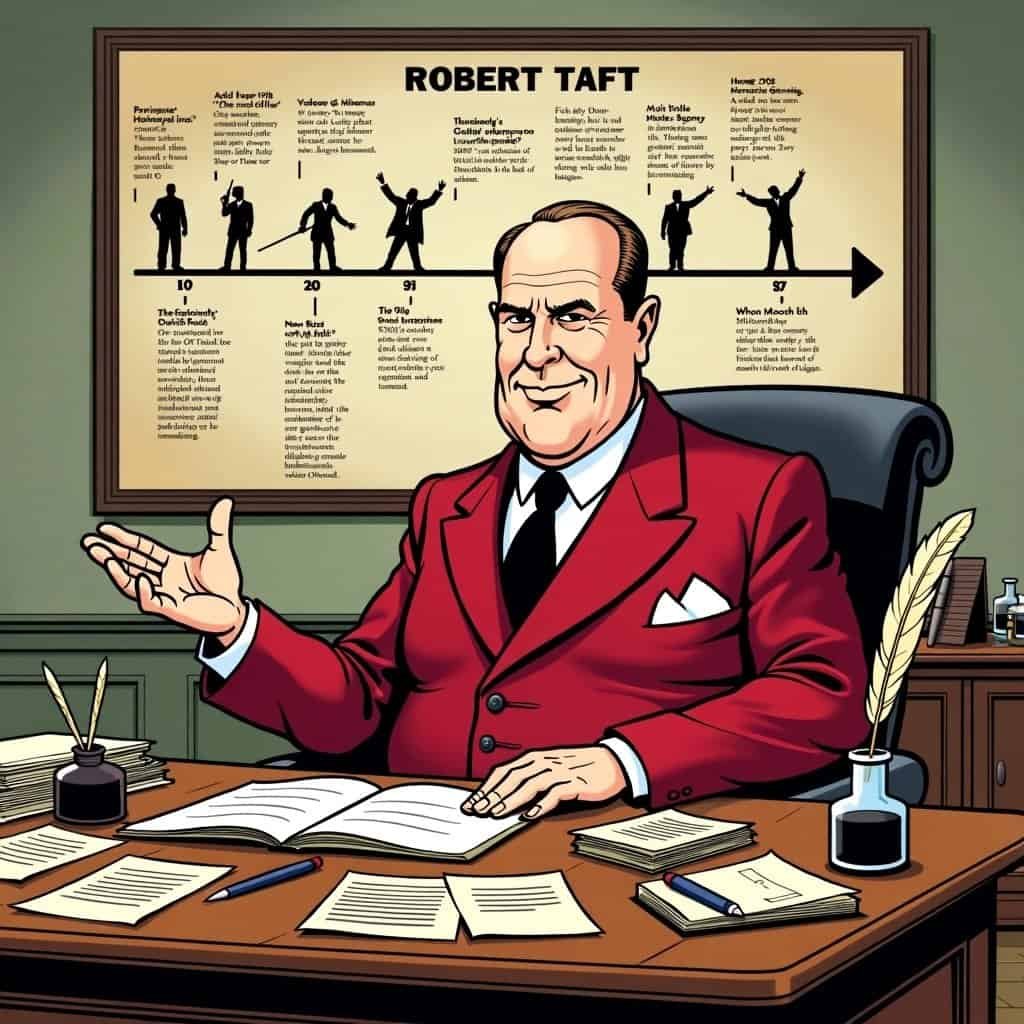In today’s world, where self-reliance is as cherished as apple pie, let’s take a humorous look at welfare dependency. Imagine a land where the government fixes all problems, like a fairy godmother with an endless wand. Is that really the American dream we’ve been pursuing? Let’s explore this tale from a perspective that values independence, even if it sometimes means biting the hand that feeds you!
Those on the conservative side admire the idea of self-sufficiency, reminiscent of our frontier ancestors. They argue that prosperity comes from unleashing innovation and free-market energy without government interference. The magic happens when tax cuts spark entrepreneurial spirit, job creation flourishes, and economic growth takes off. Bold, right? But what occurs when the government decides to play Santa all year? Suddenly, the independence we treasure takes a backseat to government-funded assistance.
Let’s dive deeper into the welfare dependency debate. Here’s the twist: the liberal view suggests redistributing wealth through welfare programs to narrow the wealth gap. Sounds reasonable at first glance, but consider the potential drawbacks. It’s like a student who procrastinates until the night before a big test – it often results in a lack of motivation to try. No incentive for growth, investment decreases, and voila… economic stagnation! Aren’t we shooting ourselves in the foot?
Welfare Dependency Cycle
- Increased reliance on government assistance
- Higher taxes on the working class
- Reduced entrepreneurial spirit
- Slower economic growth
- More people seeking welfare benefits
The so-called “help” offered by progressive policies isn’t a long-term solution but a temporary fix that could burden future generations. As dependence on government assistance grows, there’s a bigger slice of the pie for Uncle Sam to distribute, except there’s less pie overall. As taxes on workers increase, the entrepreneurial spirit takes a back seat to the allure of state benefits.
You see, the welfare dependency issue creates a cycle. The more we depend, the less we grow individually and as a nation. From a conservative viewpoint, it’s important to encourage self-sufficiency and remove unnecessary government safety nets. Isn’t it time we dust off our boots, take charge, and let genuine growth push us forward without government crutches? That’s what our nation is known for, right? Food for thought, served with a side of wit!
Dear readers, the key is understanding the value of personal responsibility and giving our economy the boost it needs. Welfare programs can provide crucial support, sure, but they should never be more than a stepping stone to self-reliance.
Steps Towards Self-Reliance
- Encourage personal responsibility
- Promote education and skill development
- Support small businesses and entrepreneurship
- Implement targeted, time-limited welfare programs
- Create incentives for work and self-improvement
As Americans, let’s strive for fewer handouts and more handshakes, swapping big government solutions for initiative and entrepreneurship. We’ll raise a toast (with humor, of course) to a future less dependent on welfare and more in line with the self-reliant spirit. It’s time to wake up and smell the coffee; our nation’s prosperity is waiting!
